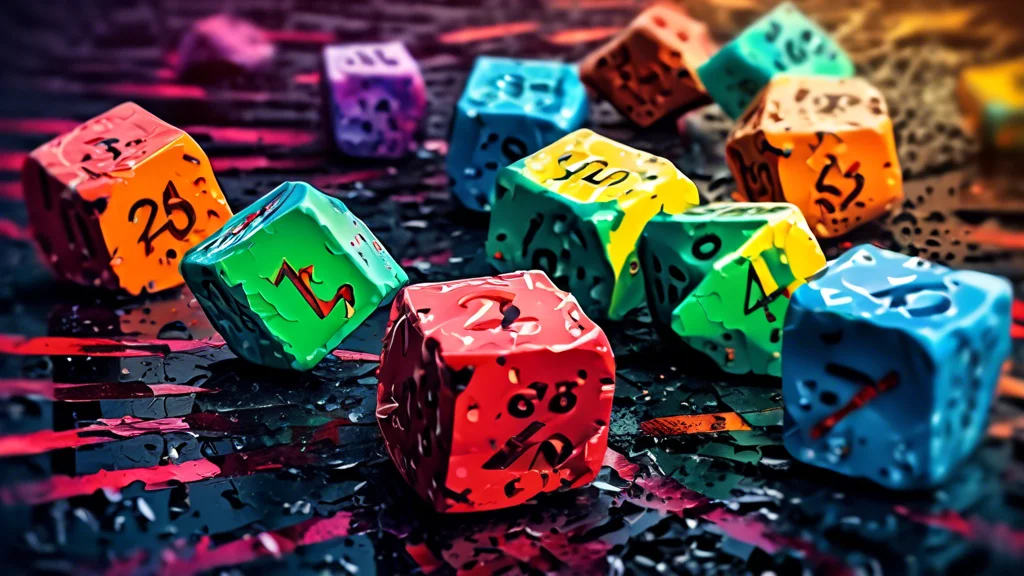Online Tabletop Platform Roll20 Suffers Data Breach
What Happened?
In a devastating blow to the online tabletop gaming community, Roll20, a popular virtual tabletop platform, has confirmed a significant data breach. The breach, which is believed to have occurred on [Date of Breach], exposed a massive amount of user data, including sensitive information such as email addresses, hashed passwords, and Discord IDs.
Online Tabletop Platform Roll20 The Extent of the Damage
While the full extent of the breach is still under investigation, early reports suggest that the attackers gained access to a vast trove of user data. This includes:
- Email addresses
- Hashed passwords
- Discord IDs
- IP addresses
- Account creation dates
- Last login dates
The breach has sent shockwaves through the Roll20 community, with many users expressing concern over the potential for identity theft and other malicious activities.
Online Tabletop Platform Roll20 Response
In the wake of the breach, Roll20 has taken steps to mitigate the damage and improve security. These steps include:
- Forcing password resets for all users.
- Invalidating existing API keys.
- Enhancing security protocols and infrastructure.
- Launching a full investigation with the help of cybersecurity experts.
Roll20 has also been communicating with its users via email and social media, providing updates on the situation and guidance on how to protect their accounts.
Online Tabletop Platform Roll20: What This Means for Users
If you are a Roll20 user, it is crucial to take immediate action to protect your account and personal information. This includes:
- Changing your Roll20 password immediately.
- Enabling two-factor authentication on your account.
- Being wary of phishing emails and messages that appear to be from Roll20.
- Monitoring your financial accounts for any suspicious activity.
The Importance of Cybersecurity in Online Gaming
The Roll20 data breach serves as a stark reminder of the importance of cybersecurity in the online gaming world. As online gaming platforms continue to grow in popularity, they become increasingly attractive targets for cybercriminals seeking to exploit vulnerabilities and steal sensitive user data.
To mitigate the risk of data breaches, online gaming platforms need to prioritize cybersecurity measures such as:
Read More on Artificial Intelligence And Cybersecurity: Protecting Against Threats
- Implementing strong password policies.
- Using multi-factor authentication.
- Encrypting sensitive user data.
- Regularly patching and updating software.
- Conducting security audits and penetration testing.
Online Tabletop Platform Roll20 Looking Ahead
The Roll20 data breach is a significant event that has shaken the online tabletop gaming community. While the full impact of the breach remains to be seen, it underscores the importance of robust cybersecurity measures for online platforms that handle sensitive user data. As the investigation continues, users are urged to remain vigilant and take proactive steps to protect their accounts and personal information.
Online Tabletop Platform Roll20 Frequently Asked Questions
What is Roll20?
Roll20 is a popular online platform that provides tools and features for playing tabletop role-playing games (TTRPGs) virtually. It allows players to connect with each other, create characters, roll dice, and engage in collaborative storytelling, regardless of their physical location.
What type of data was compromised in the Roll20 breach?
The compromised data includes email addresses, hashed passwords, Discord IDs, IP addresses, account creation dates, and last login dates.
What should I do if I have a Roll20 account?
Change your Roll20 password immediately, enable two-factor authentication, be cautious of phishing attempts, and monitor your financial accounts for any unusual activity.
Is it safe to continue using Roll20?
While Roll20 has taken steps to address the breach, it’s essential to exercise caution. Monitor their official communications and consider the potential risks before continuing to use the platform.
How can I protect my online gaming accounts from data breaches?
Use strong, unique passwords, enable two-factor authentication whenever possible, be wary of suspicious links or emails, and keep your gaming software and operating system up to date.
